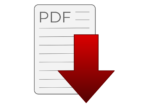

Drinking and blending herbal tea dates back almost 3000 years ago to the ancient Egyptians and Babylonian times, where it was used for both a refreshing drink and for medicinal purposes. The Greeks, the Romans and ancient Chinese also used it for its obvious health benefits.
Below is a quick guideline for 10 tips on how to make herbal tea.
Whether you’re blending a herbal tea for healing purposes or as a refreshing beverage, the process is quite similar. The only big difference is when blending for healing purposes, the vessel or pot should be covered as much as possible to draw out the medicinal and beneficial properties of the herbs. Another difference is the time it takes to make it.
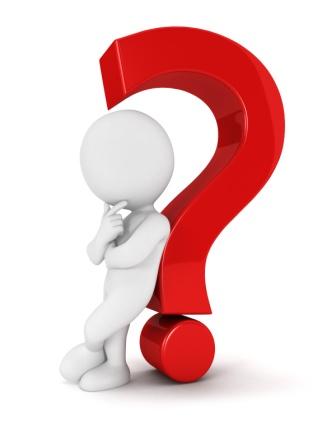

Try to seek the reason and knowledge to why you’re making a herbal tea. Is it for medicinal purposes or is it for a refreshing drink?
Herbs have different actions and properties and some have more than one action. Take Chamomile as an example. It is well known as a natural sedative to aid in sleep and insomnia yet it also has anti-inflammatory and antiseptic properties which can be used to bring relief for arthritis sufferers and treat burns and rashes.
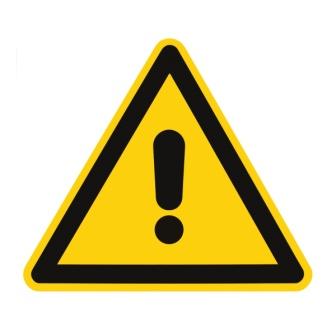

Always make yourself aware of any possible risks of certain herbal tea blends as too much of one or many herbs can have some bad side effects. Natural or herbal is NOT synonymous with harmless or safe.
Take Red Raspberry Leaf for instance. Many health professionals advise that it should only be used after the first trimester of pregnancy particularly if you have had a history of miscarriages as it can cause minor spotting during the early stages.
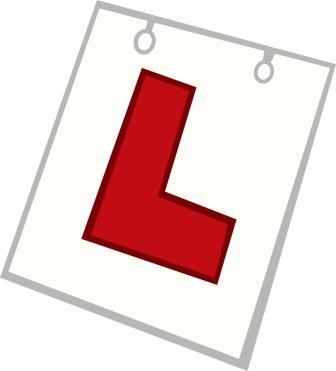

Attention all newbies – start simple! Herbal teas made from one herb is called a “simple“, meaning it is the ONLY ingredient present and nothing else! This is the best way for you to recognise its healing action and how your body responds to it.
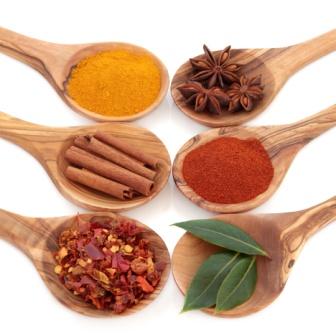

I would generally use 2 teaspoons (dried herbs) or 3-4 teaspoons (fresh herbs) per 300ml/10oz cup of boiled water. Cover and steep for 10-15 minutes.
5. HOW OFTEN?
When blending herbal teas for remedies and healing, it is best to make it when needed. Any leftovers can be stored in the fridge and its flavours can be retained for two days.
However, herbal teas can go off and start to ferment even when stored in the fridge! So if you find bubbles forming in it or it tastes strange or odd from last time, then bin it!
6. METHODS – Knowing the Difference
When you’re making your own herbal teas from scratch, you’re most likely to come across the terms “infusion” and “decoction“. Both are age old and trusted methods but there are differences between them, mainly the parts of the plants used in preparing it.
- Infusion
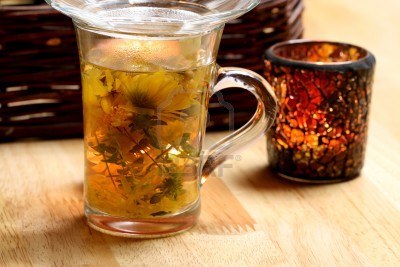

This method is more familiar to people and involves using the “softer” parts of the plant, such as the leaves, flowers or stems.
Dunking a herbal teabag or tea-strainer into a cup of hot water and steeping it for few minutes, is classed as an “infusion” and is the quickest and easiest method to use.
The word “infuse” means to steep or soak in a liquid in order to extract the soluble properties or ingredients. The short time it takes to make this kind of herbal tea blend helps to retain the volatile constituents whist drinking.
- Decoction
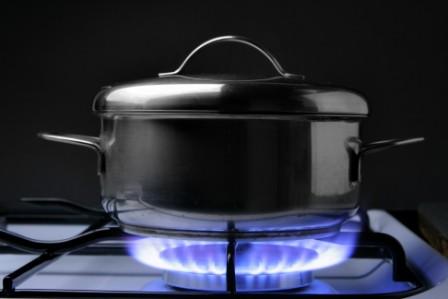

The word “decoct” means to extract the flavour or essence by boiling. Traditionally, the Chinese have used this method for thousands of years as it is considered the best way to yield the most beneficial and therapeutic effects from the herbs.
7. WHAT TO USE?
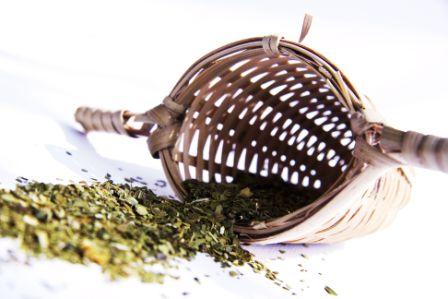

Some tea enthusiasts would even avoid using a metal strainer, such as a tea-ball and would suggest using a bamboo tea strainer instead.
I love using these silicone teabag ones as you can fit a nice amount of dried herbs/tea leaves in them and they’re non-toxic too.
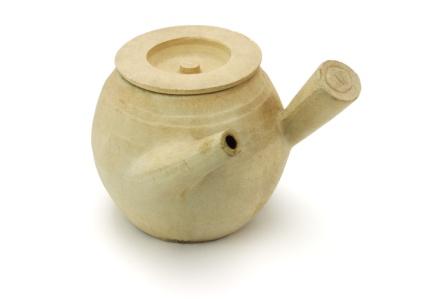

The pot should not be opened too often in order to retain the volatile constituents of the herbs. If you do not have a clay pot at hand, then using one made of porcelain, enamel or glass are a good alternative.


Steep generously for 10-15 minutes.
The amount of time to infuse or decoct is dependent upon the herbs used. Some will be bitter in taste if steeped too long and others need longer steeping time to get the most beneficial and medicinal properties out of them.
The colour of the tea is NOT an indication of its strength as some of the palest in colour can be the most potent and effective.
9. STRAIN & SERVE
When straining, it’s best to “squeeze out” the excess either from the tea bag when infusing, or through a nylon sieve or un-bleached coffee filter when decocting. The herbs still has its potency when done this way.
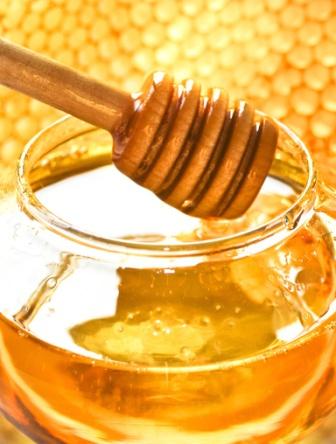

Avoid using artificial sweeteners and refined sugars to sweeten as they can destroy the healing potentials and properties of the herbal tea.
Instead, opt for honey. Not only is it a natural sweetener, it also has anti-bacterial, anti-oxidant and anti-fungal properties which works well with maintaining the health and harmony of your body.
Use mint, lemon, lime, orange, cinnamon or aniseed to taste.
Have you made a herbal tea infusion or decoction before? Do you prefer loose herbs or teabags? What purpose did you make it for? Do you have a favourite herb to use or do you use different herbal blends not mentioned in the post? I’d love to hear your thoughts and comments on this. Thanks for reading and peace be with you.
Teresa
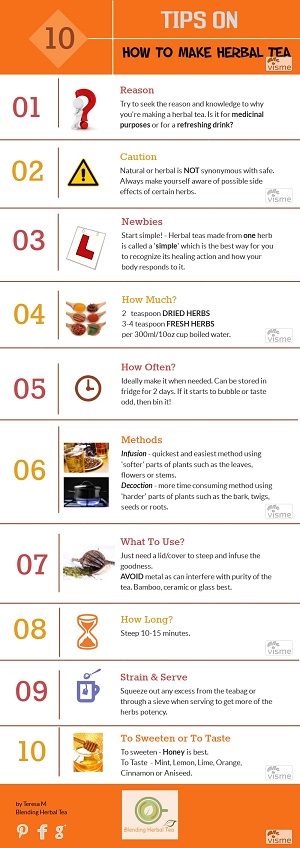

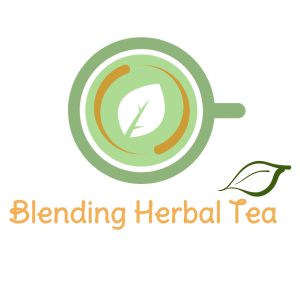

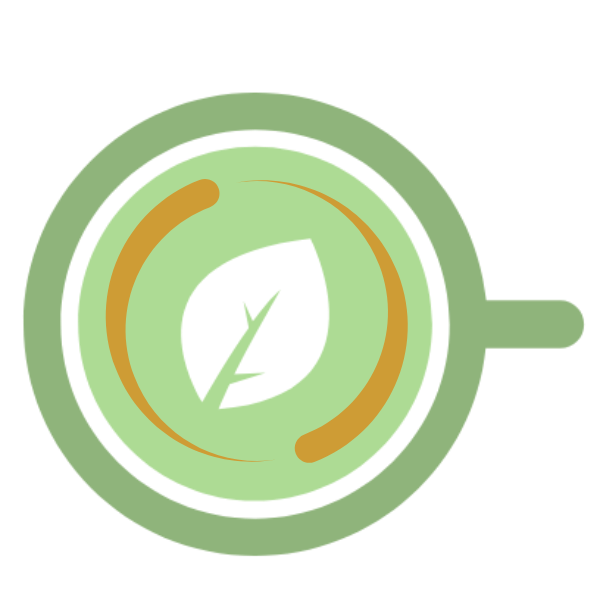
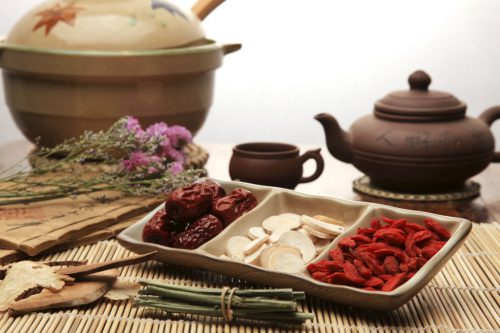
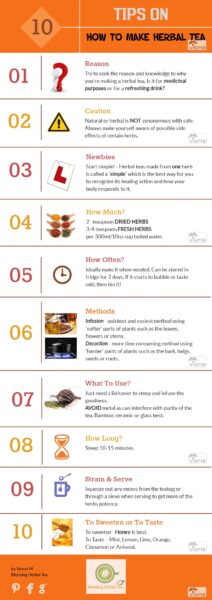
I love herbal teas. This post was really interesting because of its focus on the actual herbs and how to handle them. I have always used the small tea packets because they are practical but I always wanted to know how to make herbal teas with herbs. I will follow your instructions and try it out. Thanks for sharing this with us!
You’re welcome Dira. Thanks for reading.
What a great read! Sometimes I wish I could use herbal teas as candles because they smell so so good haha. And I love how you included the different methods of making herbal teas. Up until reading this, I was only really familiar with infusion since my mom only used green tea bags when I was growing up…thanks for such an enjoyable read with good insight!
Herbal tea candles – now that’s seems a good idea! My mum has been making decoctions since I was born and she still has the clay pot that she uses all those years. Decoctions are a very traditional Chinese thing to although with the newer generations, I feel that they don’t won’t to spend so much time waiting.
Thanks for reading and happy you enjoyed the read Sarah. Have a lovely week.
Over the past few years I’ve started really getting into the idea of natural herbs and oil and making my own household products. Just recently I started learning about herbal teas and the wonderful health benefits.
Do you happen to know of any herbs that would be beneficial for someone with Raynaud’s Syndrome? My husband suffers from it–it’s where the blood vessels constrict in your hands and they are always cold, sometimes painfully so. If you have any suggestions to try, I’d love to hear them!
Hi there
Raynaud’s Syndrome can be really painful as a member of my family has it too and here in the UK, the cold really makes it so much worse!
Ginkgo is the first herb that springs to mind as it is a popular choice for those that suffer from cold hand and feet and also to those who don’t cope well with cold weather (its useful when mountaineering in high altitude). It increases the circulation to the extremities and specifically improves the blood supply to the brain.
Garlic is a great improver for the circulation and can prevent the development of clogged-up arteries in those who are at high risk (eg family history of heart disease; being overweight; smoking; having a high-calorie diet.
Ginger is the ideal herb to use due to its ‘warming effect’ on the body and it improves overall blood supply to all parts of the body including the hands and feet.
Yarrow is another great herb to help improve circulation and is good for cold hands/feet; getting chilblains; nosebleeds; easy bruising; varicose veins; bleeding haemorrhoids and general sensitivity to the cold.
Hawthorn provides one of the best tonic remedies for the heart and circulatory system as it makes the peripheral blood supply to the hands and feet more plentiful.
These are general recommendations but if you are taking other medications, it is best to consult with a qualified herbalist before you use herb medically. I hope this helps.
Wow, such a nice article and tips about making herbal tea. Now I know that I have been making my green tea in a wrong way and what you have suggested seems correct. This way, we can get best of the benefits from green tea. Awesome article and will share it with my friends. Thank you.
Hi Sarah
so happy to know that you found the article useful. I love green tea too especially after a meal and I always steep it for about 10 minutes to get all the beneficial properties. Thanks for reading.
Thankyou for such an informative post, I love herbal teas but I wasn’t aware of the way to prepare the teas but I will definitely try this method
Hi Mysa
thanks for reading and hope you will try the methods out to get the best out of your teas for your health. Take care.
I always make my tea in a cup, fill with cold water, then go right into the microwave. I add both milk and sugar. I destroy every benefit that tea has to offer, just learn that from your post. Lol. I do not know all these methods of making tea, such a great learning piece. I will try some of your recommended methods soon. Great post.
Oh wow, yeah you have completely destroyed the health benefits of your tea by radiating it! Really glad you have learned something from the article and hopefully you can start your journey of healthy tea drinking. Thanks for you visit and have a great week.
Having been a coffee snob for many years, and still am to an extent, I have found many of my friends now drinking tea as an alternative. I now find myself drinking more tea, so finding this article came just at the right time. As a beginner, where should I be acquiring my teas or the components to make my own-is a herbal store a good place to start?
thanks
Hi Brad
I admit I still love my coffee too – the smell and the taste are just so uplifting! I guess with age we do wise up to the fact that teas and herbal teas have more health benefits than coffee and this is probably what your friends have discovered.
Herbal stores are a great place to start. Using tea bags are convenient if you out and about, but I generally try to use loose herbs as you get to measure out exactly what you want and you can blend different herbs too. Using organic is always a winner also. Take a look at my Shop to get you started. Thanks for reading.
thank you for sharing it with us, I always make the tea in a cup and I never close it. Now I will know. I drink tea 3 times a day and usually, it is a peppermint tea. I love it. What tea do you recommend to have more energy and be more awake? Thank a lot again:)
Hi Marta
thanks for stopping by. Covering and steeping teas are essential in retaining and gaining the benefits of the volatile oils in the herbs and its potency.
Ginseng is favourable herb when it comes to energy and to combat fatigue as it is a natural stimulant. However, there are certain precautions to take before drinking this. Please read”https://blendingherbaltea.com/types-of-herbal-tea-a-z/ginseng-chinese-korean-asian-american-and-siberian/“… for a list of precautions and side effects.
I love love love herbal teas! It is so much better for you than any other tea or coffee! Besides, it’s time-tested!
However, I have never used clay pot… Where do you get it? And what is favorite honey?
I like using camomile tea before bed, it there any other herb I can combine it with for sedative effect?
Thank you for the rest of your recommendations.
Hi Soby
My mum still uses the same clay pot that she’s had 30 years ago – as they really do last that long dependant on quality. I think she got it from Hong Kong back then. Or you can visit https://blendingherbaltea.com/clay-pots/… to purchase.
I generally use locally sourced honey or organic honey where possible and tend to stay away from the cheaper brands in supermarkets as they are usually combined with additional sweetners.
I love drinking Chamomile before bed to unwind too and adding Lemon Balm, Lavender or Catnip or combining them all is also fab too. Thanks for looking around.
What an informative post! I’ve been a tea drinker for ages and did not know about decoction. I often use truvia in my tea, but now I’m going to switch to honey (it tastes better anyway). I look forward to learning more about herbal teas from you. I think it may be hard to give up my favorite metal infuser. Where do you find bamboo ones anyway? thanks.
Thanks Lisa for your positive feedback…good to hear you’re switching to honey…it beats artificial sweetener hands down! As for the bamboo strainer, you can purchase them online. On my site you can find them under ‘Shop’ – ‘Tea Accessories’. Thanks for reading.
I wasn’t aware of the different brewing methods. Do you have a post that tells which herbal tea to use for which ailment?
Hi John, at the moment I have an actual page on my site called ‘A-Z Herbal Tea Remedies’ (you’ll find this on the header menu – hover over A-Z Types of Herbal Tea and ‘A-Z Remedies will drop down as a sub header). Its still in its early stages, so I only have a few actual remedies, namely Arthritis, Stress, Skin, Constipation, Headaches and Weight Loss. Thanks for reading!
Tried honey in my tea last night for the first time after watching a film with Steven Seagal. Thought that looks interesting and I have to say it did taste nice. I had a scratchy throat and as I normally don’t sweeten my tea I thought I would try it and it helped.
Hi Mark, honey is the definitely the best alternative for a sweetener – I use it all the time! As for your scratchy throat, using honey is a bonus as it has a great soothing action. Thanks for stopping by.
Thanks for a very informative discussion of brewing herbal tea. It leaves me with a question. I find that ginger really helps with arthritis and I brew my own ginger-ale.
Chamomile might also help me, but how much is too much? I drink a glass a day of ginger-ale and eat a few grams of the ginger I steep it in. If I miss a few days the arthritis starts up so it is a regular thing.
You’re on a winner there Jim, both are excellent choices for arthritis. I find drinking around 2-3 cups per day is a safe measure to go by, but it needs to be consistent over a period of a couple of months to see the effects. Thanks for reading:0)
Thanks Teresa, I’ll have to try that for a few months as arthritis is unfortunately, not something that generally improves with time.
This is going to be useful information once I start bringing home all this tea. Another eye-pleasing, well-written post, Teresa! I was wondering….if a woman extracts information from a man by grilling him, is that still considered a form of decoction?
Lol, that’s a good one Bill! Thanks for your comments and giggles!